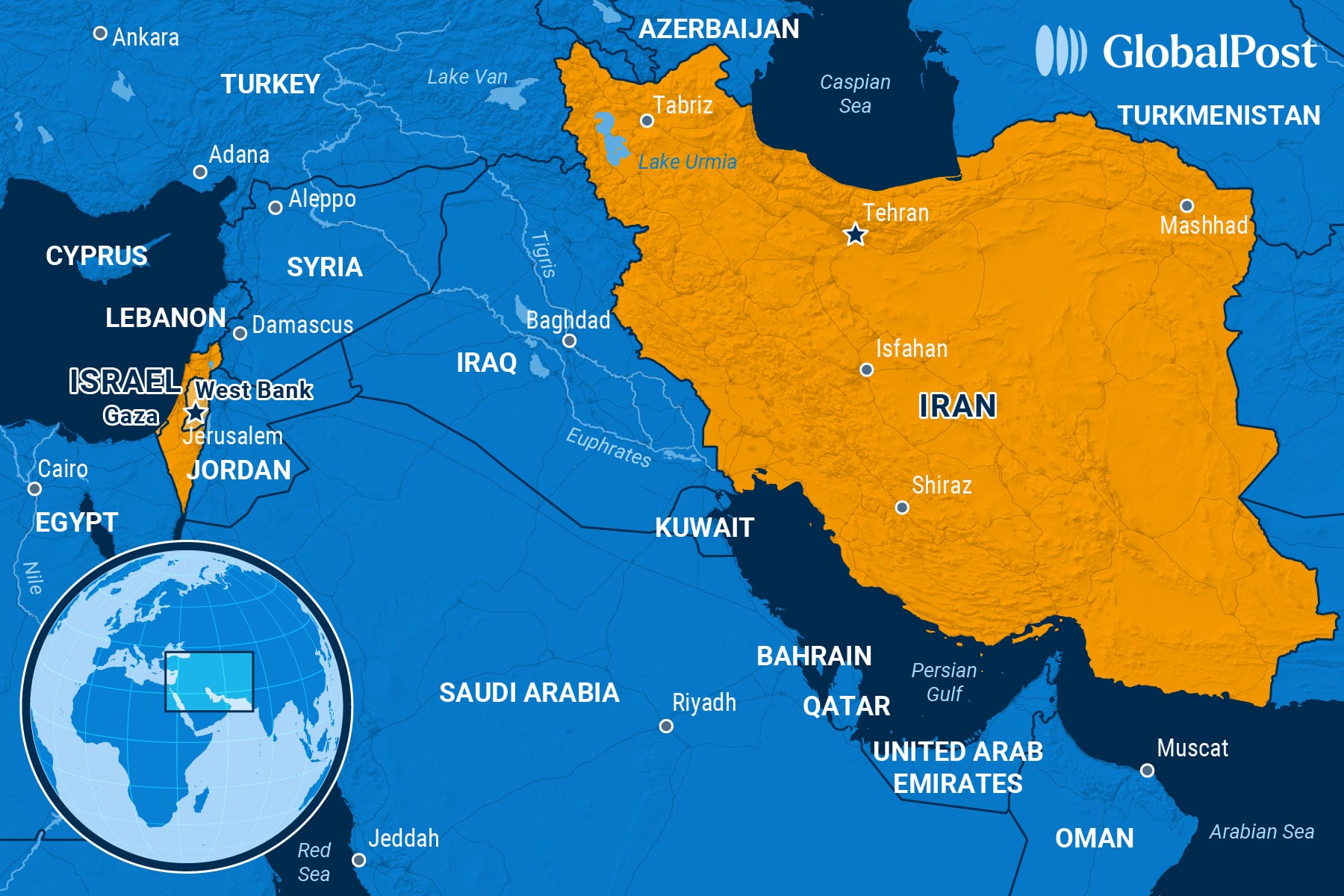Israel-Iran Conflict Escalates as Nuclear Talks Collapse

Israel and Iran traded intense strikes over the weekend, in the most severe escalation between the two countries in years, which halted Sunday’s nuclear talks between the United States and Iran and raised fears of a broader regional conflict breaking out, NPR reported.
Since early Friday morning, the two countries have been launching missiles and drones against each other, targeting cities and infrastructure, and killing dozens, after Israel launched a sweeping assault across Iran targeting key nuclear and military sites.
Over the weekend, Israeli officials said the Israel Defense Forces attacked around 80 targets, including Iran’s nuclear headquarters and two fuel sites. On Sunday, there were reports of explosions in the Iranian capital Tehran, with strikes also targeting Iran’s Defense Ministry.
Israel also claimed responsibility for the assassination of nine senior Iranian nuclear scientists, and intelligence and military officials believed to be central to Iran’s weapons program.
Iran’s ambassador to the United Nations, Amir-Saeid Iravani, said at least 224 people were killed and more than 1,200 injured in the Israeli strikes.
Meanwhile, Tehran responded with the largest barrage of ballistic missiles and drones it has ever launched at Israel, striking residential areas and critical infrastructure across the country. At least 19 people have been killed in Israel since Friday. The strikes also heavily damaged the Weizmann Institute of Science and Israel’s largest oil refinery, CBS News said.
Iran condemned the Israeli strikes, while accusing the US of supporting Israel in the attacks. Iranian Supreme Leader Ali Khamenei warned that Israel faces a “bitter and painful” fate following the attack.
“By God’s will, the powerful hand of the Armed Forces of the Islamic Republic will not let it (Israel) go unpunished,” he said.
At the same time, Israeli Defense Minister Israel Katz warned that “Tehran will burn” if it continues firing missiles at Israel.
The weekend exchange came amid ongoing tensions over Iran’s rapidly advancing nuclear program, which the United Nations’ nuclear watchdog last week found in violation of the country’s commitments under the nuclear non-proliferation treaty for the first time in 20 years.
They also came as Washington and Tehran were scheduled to hold talks in Oman to reach a deal for Iran to limit its nuclear enrichment program in exchange for sanctions relief.
Oman’s Foreign Minister Badr al-Busaidi confirmed that Sunday’s talks were canceled but emphasized that “diplomacy and dialogue remain the only pathway to lasting peace,” according to the Times of Israel.
Iranian Foreign Minister Abbas Araghchi countered that Tehran would not return to nuclear talks while Israeli attacks continued.
Meanwhile, US President Donald Trump denied involvement in the Israeli strikes but warned that if Iran retaliates against the US, it will face retribution “at levels never seen before.”
Trump urged both countries to reach an agreement to end the conflict. His remarks were echoed by other world leaders, who called for restraint and dialogue between the warring sides.
Still, neither side has signaled a willingness to de-escalate to date. Analysts warned the situation could spiral further – especially if the US gets dragged into the conflict, the BBC wrote.

Subscribe today and GlobalPost will be in your inbox the next weekday morning
Join us today and pay only $46 for an annual subscription, or less than $4 a month for our unique insights into crucial developments on the world stage. It’s by far the best investment you can make to expand your knowledge of the world.
And you get a free two-week trial with no obligation to continue.
